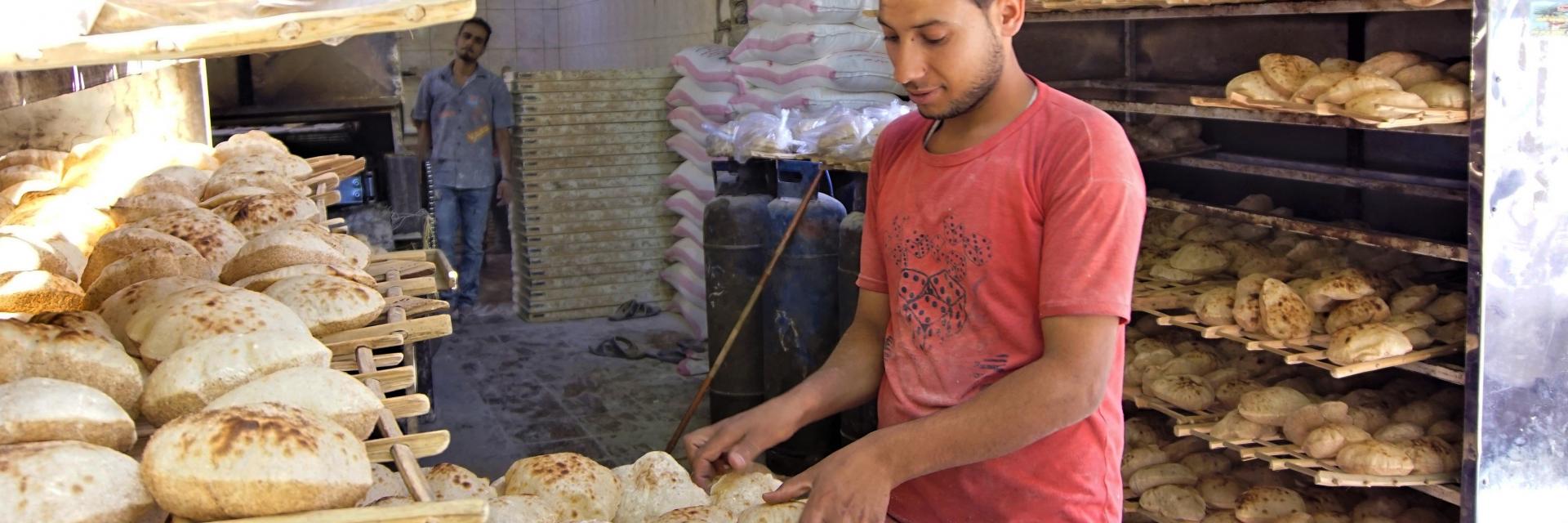Cereals are a major component of the North African diet, however, production within the sub-region is currently unable to keep up with population needs. North Africa’s agricultural sector remains generally characterized by lower productivity levels and high dependence on rainfall, despite the subregion’s exposure to climate change. North Africa currently imports a large share of its cereal needs and accounts for 16 to 17 percent of global wheat imports.
The COVID-19 pandemic, the war in Ukraine and trade disruptions are adding further pressure on North Africa’s access to affordable food. This situation is threatening to push vulnerable populations into extreme poverty and amplify hunger and malnutrition, thus threatening development gains.
Current global conditions are also making access to energy more challenging. While oil producing countries such as Algeria, Egypt or Libya are currently able to extend their markets shares as a result of EU efforts to switch to new energy sources in the wake of the Ukraine-Russia crisis, non-oil producing countries in North Africa are facing challenges accessing affordable energy resources.
This situation, and the ongoing global energy transition away from fossil fuels means that both oil producing and non-oil producing North African countries will have to review their energy strategies and refocus their policies towards renewables.
Discussions and recommendations from the webinar on “Food and Energy Security in North Africa Amid the Global Multifaceted Crisis” contribute to preparations for the upcoming joint meeting of Intergovernmental Committee of Senior Officials for North and West Africa scheduled to take place in Marrakech (Morocco) on 1-3 November 2022.
WHAT: Webinar on « Food and Energy Security in North Africa Amid the Global Multifaceted Crisis »
WHEN: 18 October 2022, from 2pm to 5:45 pm GMT+1
WHERE: Online, click here to register zoom.us/webinar/register/WN_dkSCMtcRR9eK9pE2vmpa9w
LANGUAGES: Discussions will be translated into English, French and Arabic

